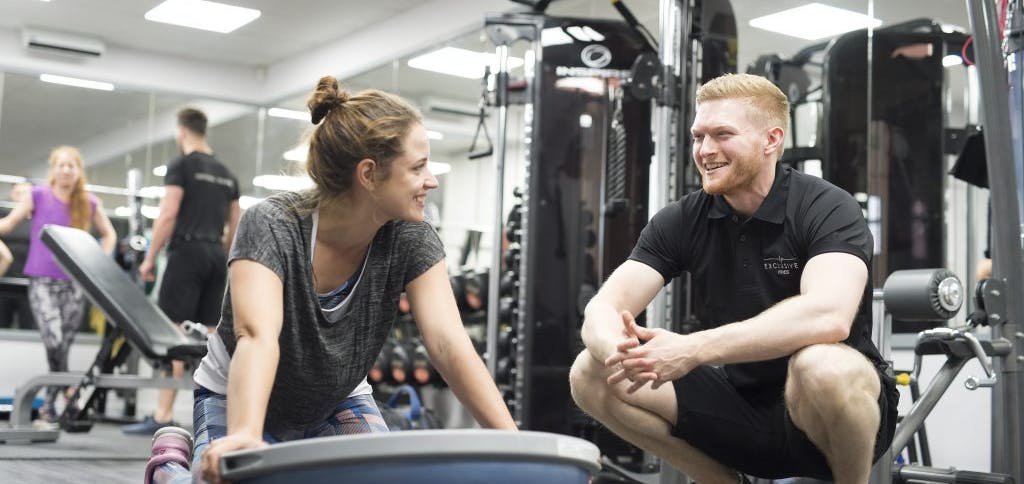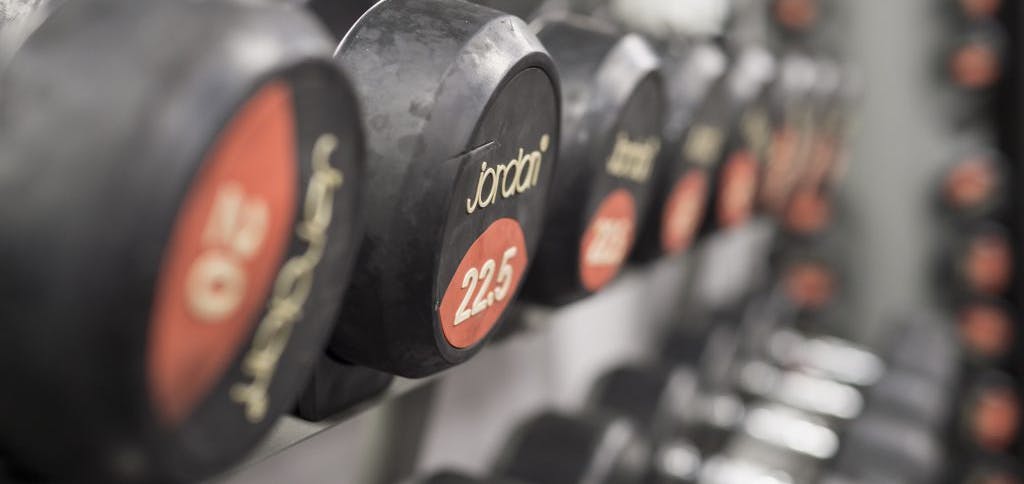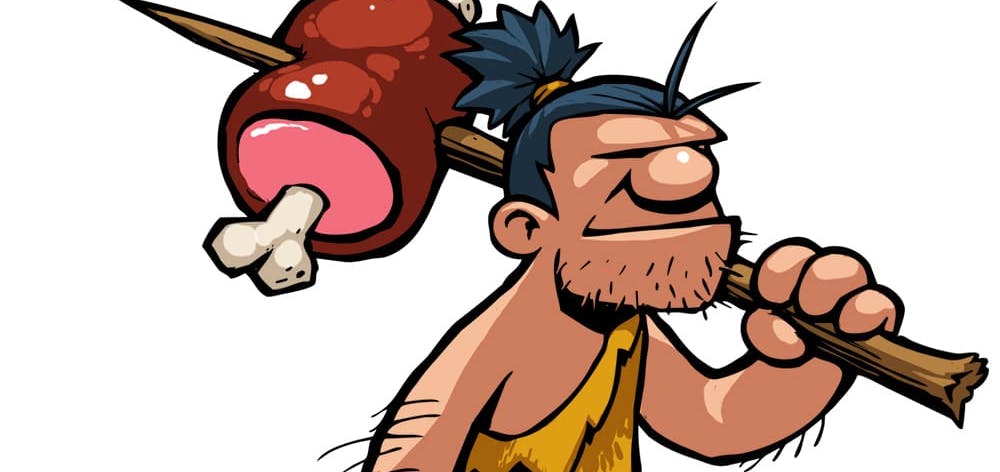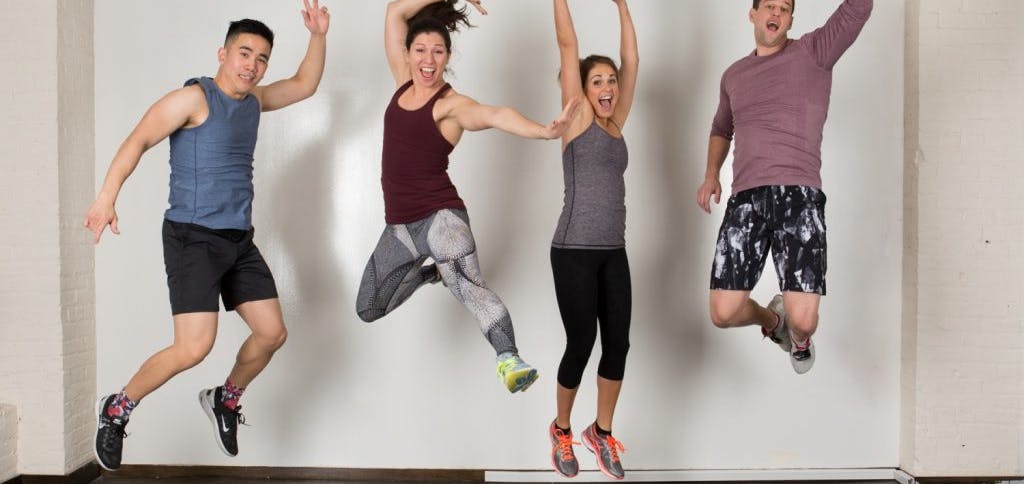We all know the feeling. Having just completed a horrible superset consisting of horrible exercises, we think to ourselves “Why am I doing this? It’s no fun!” It’s tempting to skip out on the last set, or call off a workout early because you’re just “not feeling it”. Some people enjoy the discomfort exercise can bring, but the majority hate it. And that’s why the vast majority of people don’t do a lot of exercise – because they simply don’t enjoy it. Should exercise really be fun though? Is this essential to people turning up and doing it? Some would say yes, others would disagree.
In this 3 part series I’m going to address both sides to the argument, and ultimately let you make up your own mind (but no doubt will throw an opinion or two in along the way).
So, let’s get on with part one, and address why, according to some, exercise doesn’t always need to be fun.
So why is it that exercise doesn’t strictly need to be enjoyed? Well, let’s look at the purpose of exercise itself. Ultimately, it’s about self-improvement. You are exercising to get better, to get fitter, to get healthier. That is the end goal, and that end goal is the bit you enjoy. If you look at other areas of self-improvement, it’s rare you achieve success through entertainment and fun. The process is meant to be a challenge. To get good progress, you need to push your body to uncomfortable places, through exercises that are tough enough to force your body to adapt. Can we really demand fun from pushing our bodies to physical failure?
There’s an old saying that fits nicely into this argument – practice makes perfect. Practice for most things implies repeating the same process, over and over, to improve. That same sentence can be applied to the journey of getting healthier through exercise. Having fun can be a part of this, of course, but is far from a necessity and is not the reason you practice (exercise).
Let’s look at sports for a good example of this. Many people will play a game of football at the weekend and enjoy it. However, take a professional footballer. For them, this game is the end goal. The fun bit of playing a match comes after hours and hours of training and practice. Getting fit and getting match ready is hard work, and whilst some will enjoy it, compared to the thrill of playing a match - which is unpredictable, competitive, and exciting - is no fun at all. That’s why non-professional players who have a kick about only do the fun part – a match – and skip the hours of practice.
Exercise can be interpreted as practice. It’s you training your body to get healthy and practising a healthy lifestyle. Hence then, the training may become boring and repetitive. But remember – practice makes perfect. If you are one of the lucky ones who enjoy exercise this isn’t a problem. But if you aren’t, you need to remember the fun comes after the practice. The enjoyment comes from the end result, not from the process.
For some people, this end goal may be a specific sport. Take myself, a powerlifter, for example. Contrary to what people think, I do not always enjoy training in the gym. Do I enjoy powerlifting as a sport, and do I enjoy competition day and the thrill of success should it come? Absolutely. But do I enjoy the build-up to competition? The 6 training sessions a week and diet that comes along with it? Not really, no. It hurts and can be extremely unpleasant. I don’t know a sane human who would enjoy doing heavy 5 second-paused squats 3 times a week. It’s not very fun at all, and over the training process, there are many exercise days I’d much rather skip. But it’s the end result I do it for. I know if I go through these unpleasant sessions it will all be worth that goal in the end. And that’s the key when it gets tough – think of where you want to be, and realise the most effective way to get there is not often the easiest or the most fun.
Of course, you can change the way you train to be more fun. But in many cases, you will have to be prepared to sacrifice results. Let’s go back to the example of a footballer. They practise to be effective at football. They do this every single week. Imagine if they changed it to be more fun, for example, they decided they could throw the ball, or that they could rugby tackle opponents, all because it was a fun way to change training. Fun, maybe, but effective for achieving success from the matches they play? Not at all. You can apply this to exercise. You can have fun training but be prepared to risk slowing down your progress as you go.
I wrote an article previously about how patience and consistency are key to training. To conclude part one of this series, I feel it needs re-emphasising. Patience isn’t always fun, and neither is repeating the same thing over and over. However, it can be extremely effective and can get you to where you want to be a whole lot quicker. Reward and fun are different things, of course, so remember that making progress through sessions that aren’t fun can still be rewarding, even if they are not enjoyed at the time.
Exercise is meant to make us happier in the long term, rather than the short term. The result we are after is achieving that major health and fitness goal at the end of all the hard work. And achieving/showing off that craved after end result after the hours and hours of dedication? Well, that bit sure does sound like fun.
That’s all for part one. Stay tuned for part two coming soon, where we will look at the other side of the argument – why exercise SHOULD be fun!





